Posted on 06/17/2025 19:22 PM (CNA Daily News)
 The Trump administration’s Religious Liberty Commission meets in Washington, D.C., on Monday, June 16, 2025. / Credit: Tessa Gervasini/CNA
The Trump administration’s Religious Liberty Commission meets in Washington, D.C., on Monday, June 16, 2025. / Credit: Tessa Gervasini/CNA
Washington D.C., Jun 17, 2025 / 15:22 pm (CNA).
The White House Religious Liberty Commission held its first hearing in Washington, D.C., on Monday where members received a number of recommendations on how to protect religious freedom in the United States.
Chairman of the commission Texas Lt. Gov. Dan Patrick and Vice Chairman Ben Carson hosted the meeting with members Ryan Anderson; Bishop Robert Barron of Winona-Rochester, Minnesota; Carrie Prejean Boller; Allyson Ho; and other figures in the religious liberty movement.
The June 16 hearing featured guest speakers Josh Blackman, associate law professor at South Texas College of Law; Stephanie Barclay, law professor at Georgetown Law School; and Kristen Waggoner, CEO and president of the law firm Alliance Defending Freedom (ADF).
The three lawyers offered numerous suggestions for the commission to report to President Donald Trump on how to help preserve and strengthen religious liberty in the U.S.
Pointing to multiple religious freedom court cases over the last few decades, Blackman said: “If you’re giving money to nonreligious groups, you can’t discriminate against religious groups.” Religious groups, he said, should be treated “the same as everything else.”
Blackman’s other recommendations were for the commission to “bring more cases from the Department of Justice’s (DOJ) perspective” to the Supreme Court and “have more amicus briefs” from the Justice Department.
“If the DOJ was willing to file more amicus briefs and look for good vehicles to overrule a case … to broaden an establishment clause jurisprudence, I think that would be a helpful recommendation from this commission,” Barclay said.
Waggoner, who works directly with those affected by religious liberty violations at ADF, offered five main recommendations to the committee.
“The United States right now is the last Western country in the world to provide robust religious freedom and free speech protections,” she said.
“One of the things that I hope that this commission recommends to the president is that he use the platform he has in the administration … to help Americans understand what the threat is and the goodness of practicing one’s faith.”
It is “critical” for Americans to be educated “on what their rights are,” Waggoner said.
“For so long, we would see laws that were being passed that were blatant violations of constitutional rights,” but now “we see this vibe shift,” Waggoner said. “I would submit it’s a temporary one. It’s a change of power, not a change of heart. We need a change of heart.”
Waggoner suggested the government should “restore the conscience and religious freedom division at [the U.S. Department of Health and Human Services] and establish similar divisions within other department’s civil rights offices, and ensure equal access to federal funding is consistent with recent Supreme Court precedent.”
She highlighted that “all federal conscience laws” must be enforced and “recipients that violate those laws” need to be held accountable.
She also said the government should “end the financial targeting of people of faith.”
Authorities need to “ensure the IRS doesn’t discriminate against houses of worship or religious organizations and protect these entities from unjust penalties” and “guarantee that prior weaponization of financial regulations and markets against people of faith never, ever happens again,” she said.
Waggoner also said the government should “protect people of faith from the regulatory state” by developing “rules that prevent future administrations from labeling as domestic terrorists Americans who simply purchased a religious text or spoke at a school board meeting.”
The U.S. should also “promote religious freedom on the international stage,” she said, working “in collaboration with the ambassador at large for international religious freedom” to “implement President Trump’s 2020 executive order on advancing international religious freedom to ensure that religious freedom remains a central priority of U.S. foreign policy.”
Trump, meanwhile, should “appoint judges with an established record of courage, character, and conviction who will apply the law without fear of public opinion,” Waggoner said.
The commission was established on May 1 to “vigorously enforce the historic and robust protections for religious liberty,” according to Trump.
Since its creation, a number of prominent Catholics have been appointed by the president including Barron, Cardinal Timothy Dolan, and Archbishop Salvatore Cordileone of San Francisco.
The committee will hold its next hearing on religious liberty in September.
Posted on 06/17/2025 17:55 PM (Detroit Catholic)
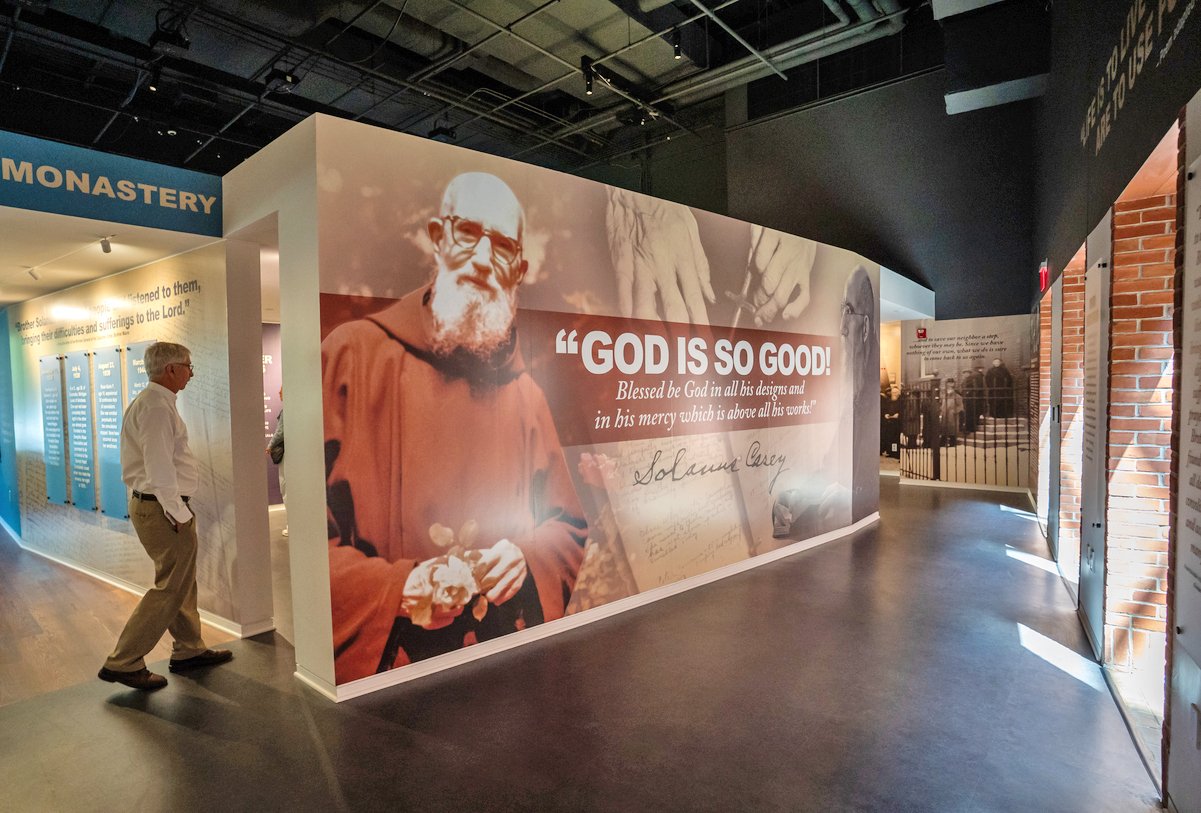
Home to Detroit's own saint, the Solanus Casey Center welcomes thousands of pilgrims each year to pray, learn and rest
Posted on 06/17/2025 17:38 PM (CNA Daily News)
 Actor Al Pacino and Italian film producer Andrea Iervolino give Pope Leo XIV a miniature model of a Maserati car during a private audience at the Vatican on June 17, 2025. / Credit: Photo courtesy of Andrea Iervolino
Actor Al Pacino and Italian film producer Andrea Iervolino give Pope Leo XIV a miniature model of a Maserati car during a private audience at the Vatican on June 17, 2025. / Credit: Photo courtesy of Andrea Iervolino
Vatican City, Jun 17, 2025 / 13:38 pm (CNA).
In an unexpected visit, Hollywood actor Al Pacino was received by Pope Leo XIV on June 17 at the Vatican, according to photos shared on Instagram by Italian film producer Andrea Iervolino.
Pacino and Iervolino are currently in Italy filming their next movie, which is dedicated to the origins of the iconic Maserati automobile brand. The film, “The Brothers,” which chronicles the vicissitudes of the Maserati brothers, stars the Oscar-winning actor and is produced by Iervolino.
During the private audience with the pontiff, Leo was presented with a miniature model of a Maserati vehicle, a symbol of the Italian design-and-engineering legacy.
The Holy See Press Office has not issued an official statement about the meeting, nor has it confirmed it. Iervolino’s social media post, which is accompanied by a photo of the meeting, shows Pacino and Iervolino smiling next to the pope, who is holding the small replica of the car.
In a press release posted on social media, Iervolino stated: “We are honored to announce that this morning His Holiness Pope Leo XIV received in private audience at the Holy See a delegation from the film Maserati.”
He also stated that the meeting “was a moment of profound spiritual and cultural inspiration, centered on the shared values that are at the heart of both the Catholic Church and the film: family unity, love, compassion, and the importance of contributing to the common good.”
This story was first published by ACI Prensa, CNA’s Spanish-language news partner. It has been translated and adapted by CNA.
Posted on 06/17/2025 15:54 PM (CNA Daily News)
 Renowned exorcist Father Gabriele Amorth. / Credit: Angela Musolesi (CC BY-SA 4.0)
Renowned exorcist Father Gabriele Amorth. / Credit: Angela Musolesi (CC BY-SA 4.0)
ACI Prensa Staff, Jun 17, 2025 / 11:54 am (CNA).
Father Marcello Lanza of the International Association of Exorcists (IAE) recently honored Father Gabriele Amorth on the 100th anniversary of Amorth’s birth as “the most famous exorcist of the 20th century.”
“Don Amorth was the most famous exorcist of the 20th century because, with his great love for the ‘poorest of the poor,’ he was not afraid of attracting negative preconceptions by communicating to the entire world the suffering that many believers were experiencing due to extraordinary diabolical phenomena,” Lanza wrote in an article published this month on the IAE website.
The Italian priest, who knew the late exorcist, emphasized that “one of his main warnings was to point out the presence of Satan behind the seemingly harmless phenomenon of magic.”
Amorth, who was born on May 1, 1925, “exposed the work of Satan behind the illicit activities of magicians, the hidden danger behind spiritualist seances, the spread of Satanism and black masses, but above all, he reestablished the thorny question of evil in theology.”
Lanza explained that “from analyzing his writings, his interviews, but above all from having met him, it is clear that he was motivated by love for humanity. Furthermore, his writing apostolate, dedicated to demonology and practice of exorcism, was based solely on the profound charity he felt toward Satan’s victims, both baptized and unbaptized.”
“The psychological aspects of his strong and stable personality helped him not to be afraid to speak about Satan everywhere, from the pulpit to television. But what made him famous was his mystical life, through which he reminded the world that those being exorcised needed the love of the Church.”
In Lanza’s opinion, “the power of [Amorth’s] priestly service was experienced when he helped those exorcised to free themselves from many cursed objects expelled during the liturgical action of the exorcisms, restoring them to peace and serenity.”
This is what Amorth did, the exorcist continued, “reminding even more the theologians who denied the existence of Satan and his extraordinary action that this experience belongs to the exorcist liturgical magisterium.”
“In Father Amorth’s spiritual experience, the mystical life is in authentic conformity to Christ, which involves,” as Amorth explained in “The Sign of the Exorcist” (2013), “a choice that entails a great spiritual battle. Because by choosing Christ, the devil is unleashed,” Lanza emphasized.
After noting that “the mystical life and the fight against Satan are inseparable,” as the late Pope Francis recalled on various occasions throughout his pontificate, Lanza thanked Amorth “for having reminded the Church and theologians that the mystery of redemption is, above all, liberation from Satan, the enemy of God and humanity, constantly acting against man because he is envious of man.”
Amorth, born May 1, 1925, in Modena, Italy, was an exorcist for the Diocese of Rome.
In 1937, at just 12 years of age, he discovered his vocation to the priesthood thanks to his active participation in parish Catholic Action and the San Vincenzo Association.
In 1942, he traveled to Rome to meet with the Passionist order, which he wished to join because he felt drawn to community life. However, the Passionists did not have a room for him, so he was accommodated by the Society of St. Paul, the congregation in which he would be ordained a priest in 1954.
He worked in the Spiritual Assistance Office of the Vicariate of Rome and as a chaplain in Regina Caeli prison. He was responsible for the formation of young aspirants and religious of the Society of St. Paul.
In 1986, he was appointed chief exorcist of the Diocese of Rome by Cardinal Ugo Poletti. In 1990, he founded the International Association of Exorcists and was president until his retirement at the age of 75.
Amorth said he performed tens of thousands of exorcisms. He was known for his practical approach and for reaffirming the existence of the devil and demons. He warned about the consequences of Ouija boards, astrology, and other occult practices.
Amorth was the author of several books, including “An Exorcist Tells His Story,” “An Exorcist: More Stories,” and “Exorcism and Psychiatry.” He also frequently contributed to television and radio programs and was consulted by the Vatican on matters related to exorcism.
Amorth died on Sept. 16, 2016, in Rome at the age of 91. Following the release of the trailer for the film “The Pope’s Exorcist,” supposedly based on Amorth’s life, Father José Antonio Fortea, an expert in demonology, explained that the production is an exaggeration of reality and is a distortion of the power of the devil.
This story was first published by ACI Prensa, CNA’s Spanish-language news partner. It has been translated and adapted by CNA.
Posted on 06/17/2025 15:42 PM (Detroit Catholic)
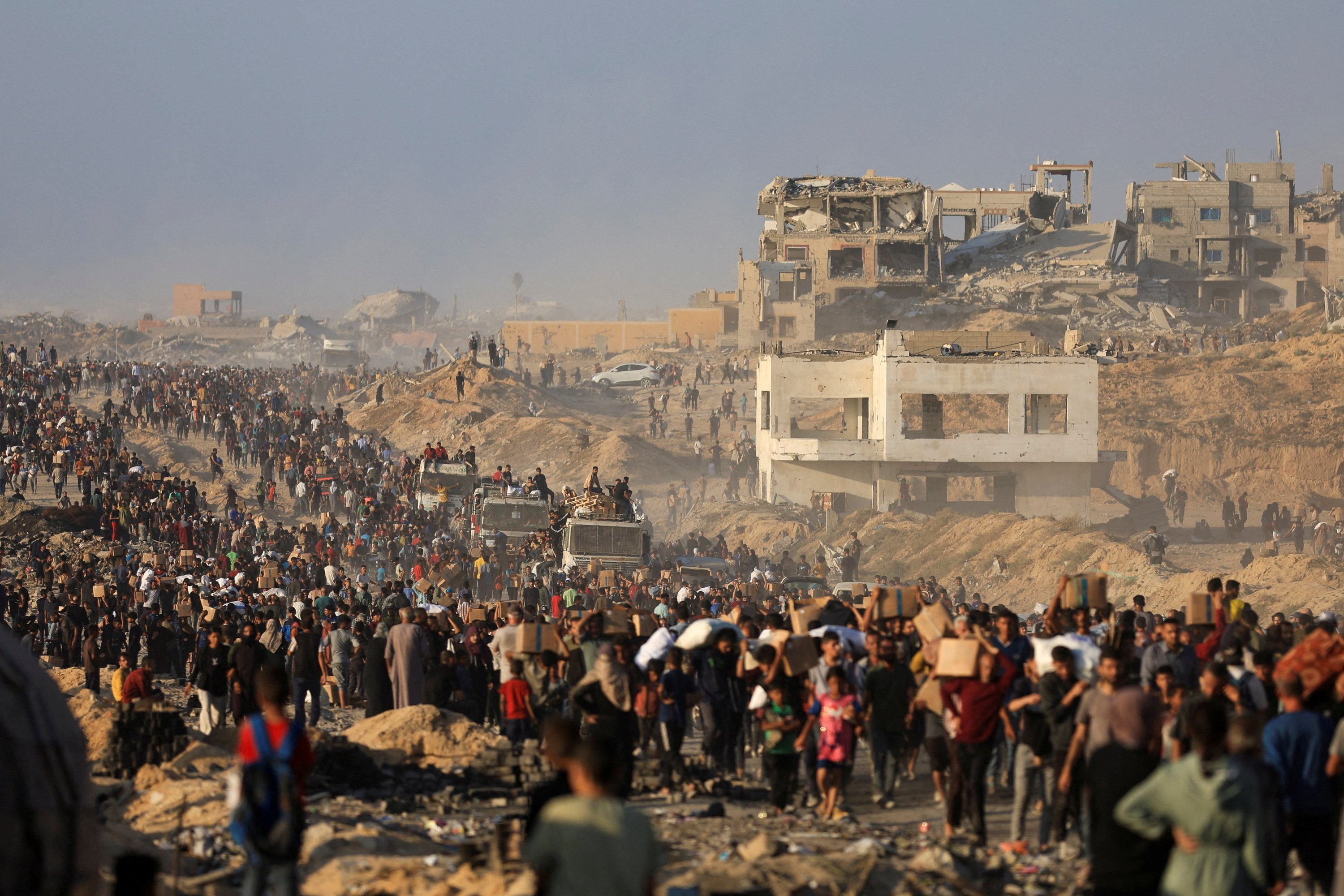
Posted on 06/17/2025 15:41 PM (Detroit Catholic)
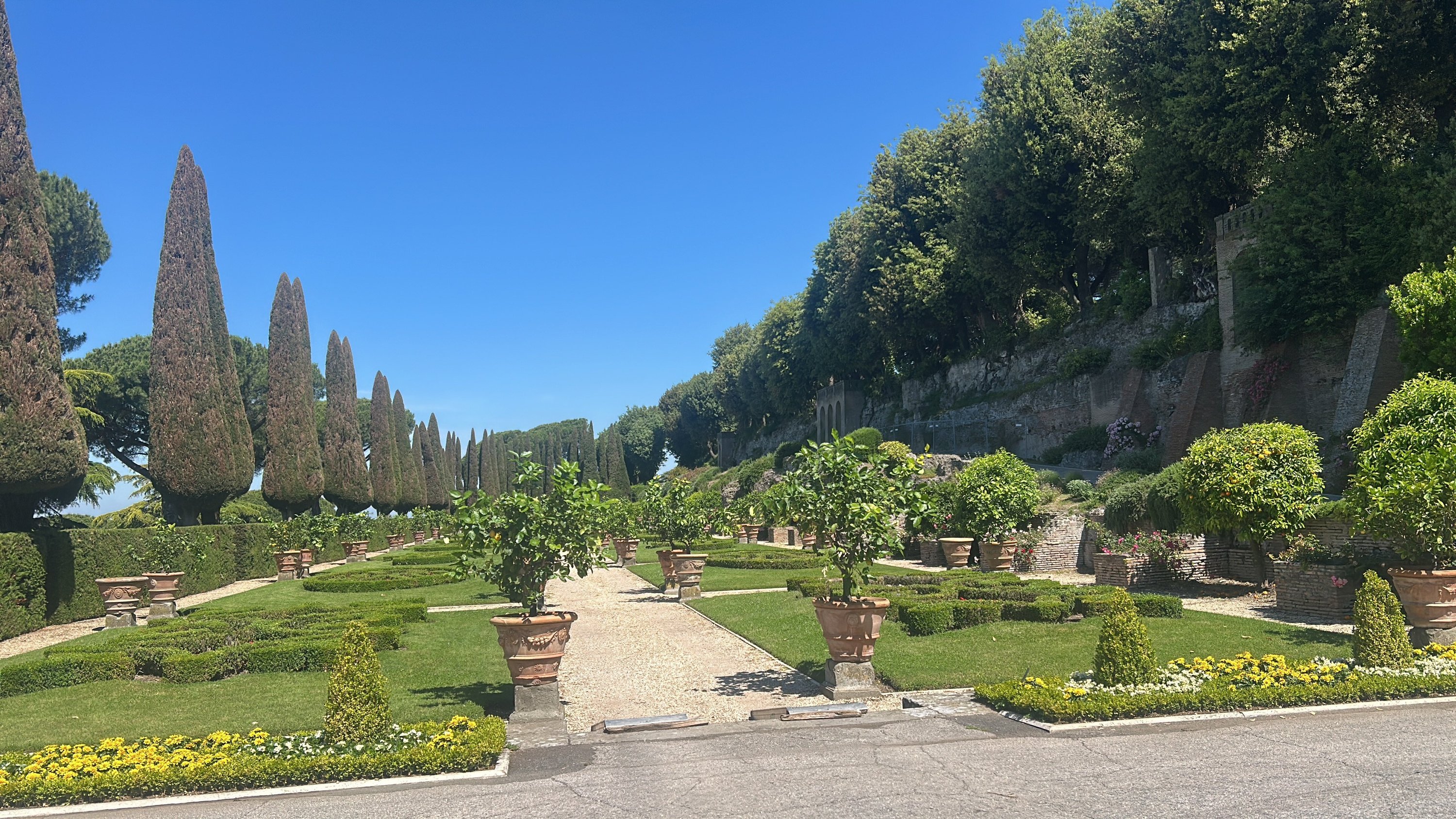
Posted on 06/17/2025 15:40 PM (Detroit Catholic)
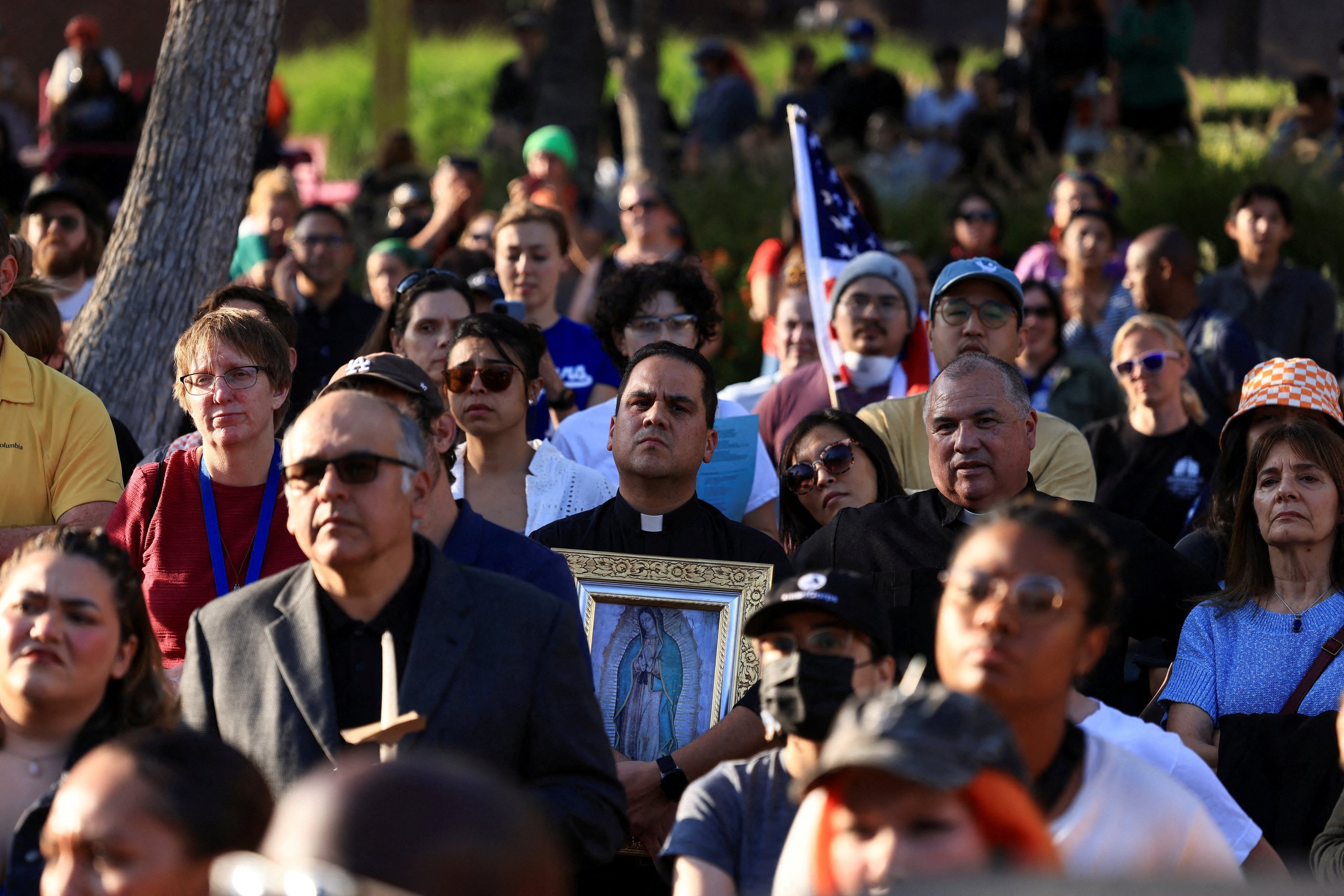
'No one can turn a deaf ear to the palpable cries of anxiety and fear heard in communities throughout the country in the wake of a surge in immigration enforcement actions,' the leader of the nation's Catholic bishops said
Posted on 06/17/2025 15:38 PM (Detroit Catholic)

Posted on 06/17/2025 15:37 PM (Detroit Catholic)
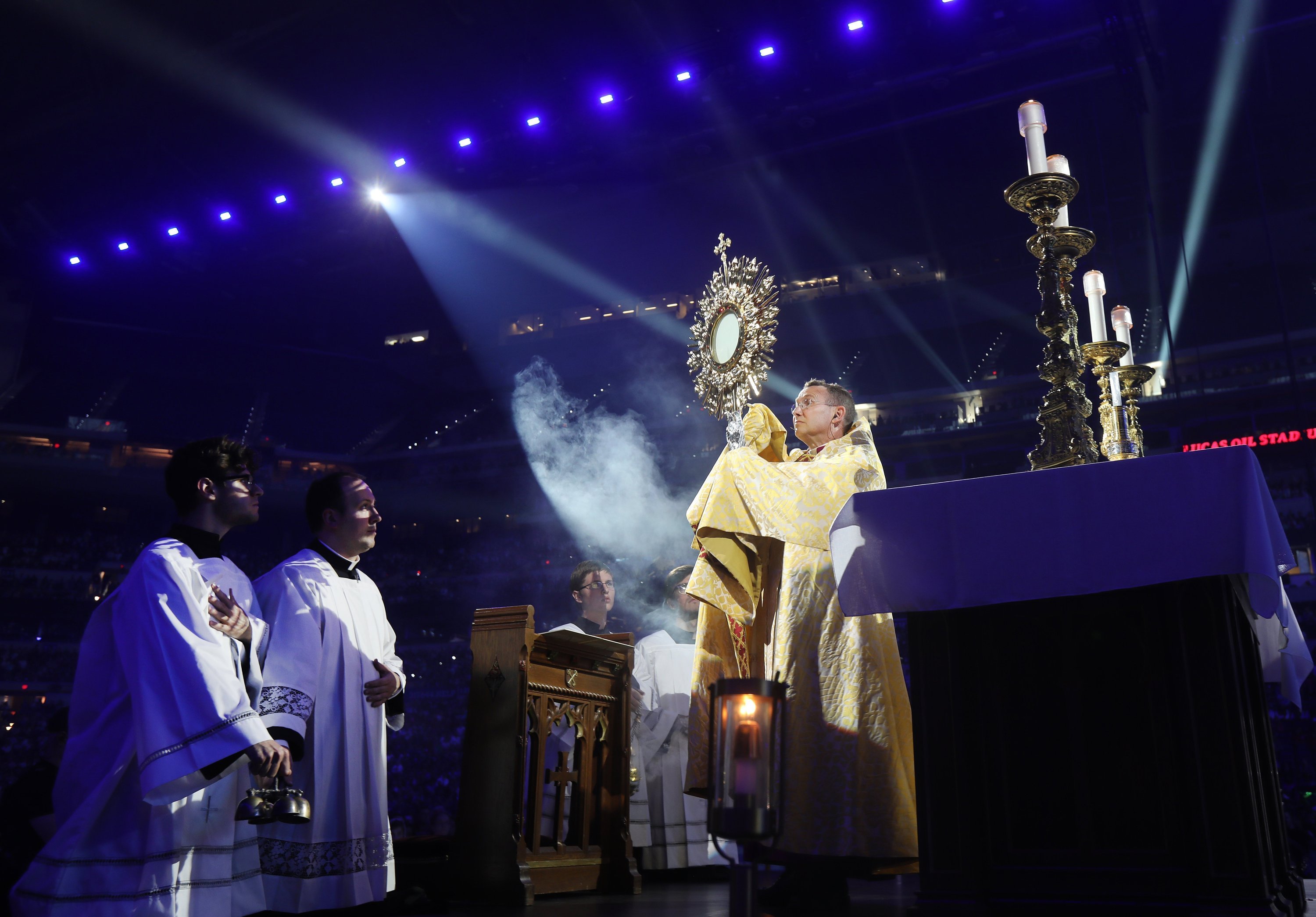
Posted on 06/17/2025 15:16 PM (CNA Daily News)
 Credit: Quisquilia/Shutterstock
Credit: Quisquilia/Shutterstock
CNA Staff, Jun 17, 2025 / 11:16 am (CNA).
A group of Orthodox churches has joined the Catholic bishops of Washington state in suing the government over its requirement that clergy either violate the seal of confession or face jail time.
The Orthodox Church in America, the Antiochian Orthodox Christian Archdiocese of North America, and numerous other Orthodox jurisdictions on Monday sued dozens of public officials in the state challenging the constitutionality of its mandatory reporter law.
Signed by Gov. Bob Ferguson on May 2, the law goes into effect July 27 and adds clergy to Washington’s list of mandatory reporters for child abuse but explicitly denies them the “privileged communication” exemption granted to other professionals, such as nurses and therapists.
Priests who fail to report abuse learned in confession could face up to 364 days in jail and a $5,000 fine.
In a lawsuit filed last month in federal district court, the Catholic bishops of the state emphasized the Church’s commitment to child protection while defending the inviolability of the confessional seal.
The Orthodox leaders in their lawsuit similarly argued that Orthodox priests “have a strict religious duty to maintain the absolute confidentiality of what is disclosed in the sacrament of confession.”
“Violating this mandatory religious obligation is a canonical crime and a grave sin, with severe consequences for the offending priest, including removal from the priesthood,” the suit says.
The state’s law explicitly allows for numerous other exemptions for those otherwise required to report child abuse. Washington “is now the only state whose mandatory reporter law explicitly overrides the religious clergy-penitent privilege” while allowing the other exemptions, the lawsuit says.
The Orthodox leaders said they “do not object to alerting authorities when they have genuine concerns about children that they learn outside of confession.” Rather, they are demanding that the state “give the clergy-penitent privilege the constitutional protection it is due as a fundamental religious obligation.”
The lawsuit, filed in federal district court, claims the state’s law violates the First and 14th Amendments to the United States Constitution. It asks the court to block the law and declare it unconstitutional.
Spokane Bishop Thomas Daly in a statement last month vowed that clergy would not break the seal of confession, even if it meant jail time.
“I want to assure you that your shepherds, bishops and priests, are committed to keeping the seal of confession — even to the point of going to jail,” Daly said in his message to the faithful. “The sacrament of penance is sacred and will remain that way in the Diocese of Spokane.”
The U.S. Department of Justice launched an investigation into the law on May 6, calling it an “anti-Catholic” measure.
U.S. Assistant Attorney General Harmeet Dhillon described it as a “legislative attack on the Catholic Church and its sacrament of confession,” arguing it singles out clergy by denying them privileges afforded to other professionals.